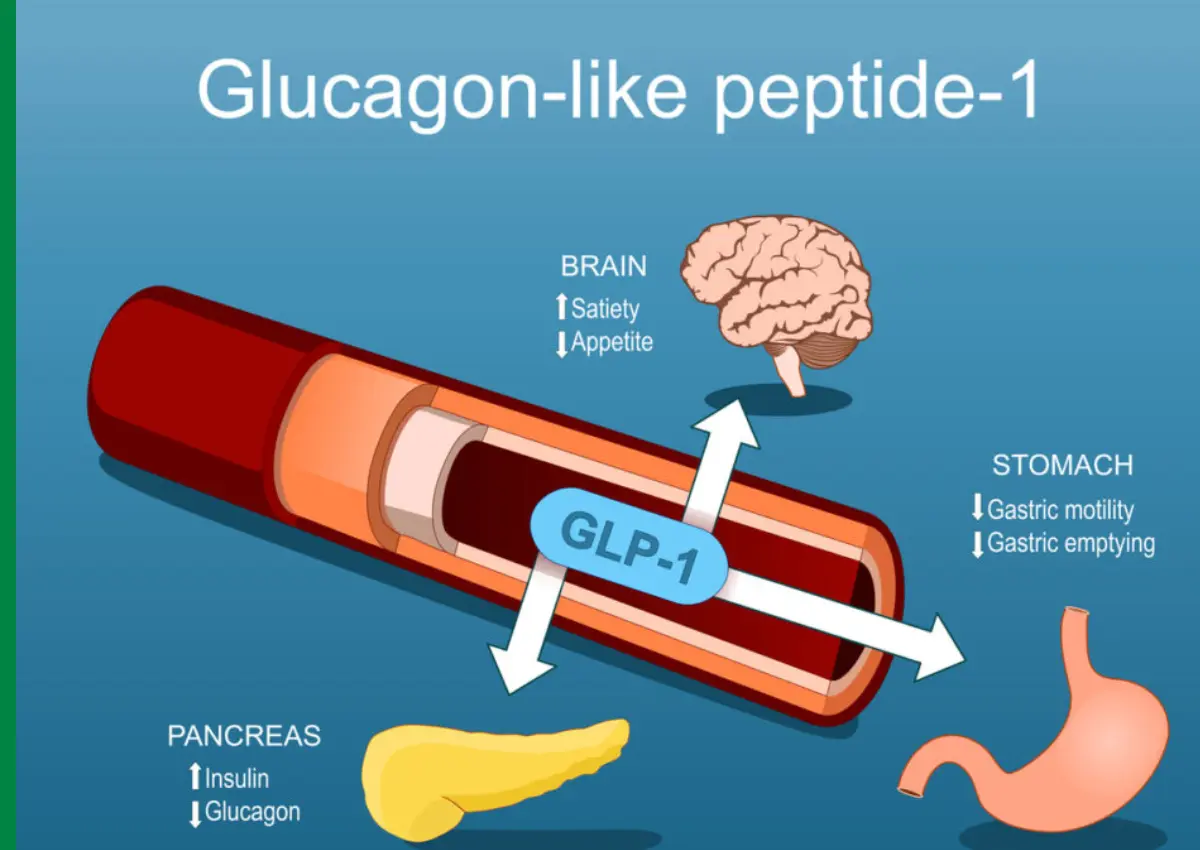The groundbreaking weight loss drugs known as GLP-1 are transforming the way we look at longevity and its extensive economic consequences. New estimates made by Swiss Re tell a very interesting paradox that same set of life-saving drugs might help us to resolve the obesity crisis and at the same time may create an unprecedented problem in planning a pension system and retirement.
GLP-1 medication has Life-Saving potential
Swiss Re in its analysis estimates that next-generation ghrelin (GLP-1) medications, such as those produced by Novo Nordisk and Eli Lilly, would save millions of premature deaths in the next twenty years. The figures are impressive—the all-cause mortality may decline by 6.4 percent in the United States and 5.1 percent in the United Kingdom in case of extensive use of these drugs.
These are not the projections founded on wishful thinking. The effect of GLP-1 drugs is that they mimic hormones responsible for controlling blood sugar and hunger, which results in considerable weight loss in clinical trials. To those who are affected by the many effects of obesity, such as diabetes, heart disease, and stroke, these medications are a true advancement in disease prevention in healthcare.
The United States already has the highest prevalence of obesity among developed countries, at more than 40 percent and it is estimated that this may rise to 55 percent unless steps are taken to combat it. The UK experiences the same predicament and theGLP-1 drugs become an important instrument for solving what most people believe to be a national health emergency.
The Hidden Economic Impact of Extended Lifespans
As much as it may sound simple to celebrate longer, healthier lives, there is a more complicated economic aspect of the issue. According to research conducted by Swiss Re, there is an unpleasant fact that longevity directly correlates to longevity in terms of pension payments, which may be problematic in terms of achieving financial sustainability in retirement systems that are already facing the consequences of the aging population.
This generates what economists term a longevity risk—the fact that people will live longer than actuarial tables will forecast and will need more resources than were originally estimated. The financial models of pension funds, insurance companies and government social security systems assume particular life expectancies. These systems experience funding gaps once the individuals live much longer than anticipated.
There are conflicting forces in the insurance business. The present cost of drugs that have a GLP-1 is probably greater than the direct payback of saved deaths. The future view is, however, more complicated because the number of years of pension will be more due to the long lifespan and the healthcare expenses associated with obesity-related ailments may go down.
Learning the Practice Problems in the Real World
The assumptions by Swiss Re are that most of the overweight and obese people would take GLP-1 drugs but still practice lifestyle changes that are sustained. Such an assumption presents a number of critical factors that may determine the actual results.
Affordability and access are important impediments. GLP-1 drugs are too expensive to be accessible to a significant part of the population that might require them most due to the cost of more than $1,000 per month without insurance. The situation is similar in the healthcare systems across the world as they struggle to make coverage choices that weigh out personal health gains against budget limitations.
The study also realizes alarming risks posed to the subjects of the study who do not follow lifestyle changes or who do not establish the required behavioral changes. These patients can gain weight and even lose lean muscle mass and bone density, which makes it important to implement complex treatment methods.
Implications for Financial Planning and Policy
The Swiss Re report indicates that people, employers and the governments should rethink the conventional assumptions of retirement planning. In case GLP-1 drugs fulfill their long-term healthy life extension promise, the existing retirement saving plans might be insufficient in the event of extended retirement.
Financial advisers are starting to add the longevity risk to their planning models and this implies that the client should look to the fact that he or she may live much longer than projected life expectancy. It could be as simple as working extra hours, saving extra or finding other ways of financing retirement.
The consequences are far-reaching in the case of the employer providing pension benefits. Defined benefit plans are more exposed to liability, whereas the defined contribution plans might need more contribution rates to ensure sufficient retirement security throughout the long lifespan.
The Greater Economic Equation of Healthcare.
The overall economic outcomes of GLP-1 drugs are not limited to pension matters, as they concern the whole healthcare system. Although the short-run expenditure on drugs is high, the savings that can be achieved due to a decrease in medical expenses that may be faced in cases of obesity would lead to significant savings in the long term.
Obesity has been found to be a contributor to many of the expensive chronic diseases, such as type 2 diabetes, cardiovascular disease, some cancers, and sleep apnea. Effective medication to reduce obesity levels would reduce the medical service utilization and expenditures in various medical fields.
Swiss Re is proposing that this cost-benefit equation could be maximized by the targeted use of GLP-1 drugs. Instead of implementing globally, strategic implementation based on high-risk populations would optimize health benefits without necessarily experiencing economic effects.
Looking into Future
The introduction of highly effective GLP-1 weight loss medications is a breakthrough opportunity and also a great challenge. They will provide real hope that obesity-linked health crises will be addressed and so compel the society to deal with the realities of the increased lifespan in regard to economics.
Healthcare systems, insurance companies, employers and policymakers will need to work together in order to achieve success. This involves coming up with sustainable funding systems for drug access, revising the actuarial models based on changing longevity trends and developing the retirement planning systems that take into consideration the possibility of longer and healthier lifestyles.
The Swiss Re analysis will eventually show that there is hardly any medical breakthrough isolated. We should be ready to accept the wider implications of GLP-1 drugs in society as we rejoice over what this new class of drugs has the potential to save. It is not a question of either health or economic stability but rather of how to develop systems that will allow us to add more years to our lives as well as financial security.
The two upcoming decades will probably spell out whether we will be able to reap the rewards of these outstanding medicines and effectively address the economic outcomes of their application. The stakes were too great—not only the health outcomes of individual people but also the sustainability of our social safety nets.



